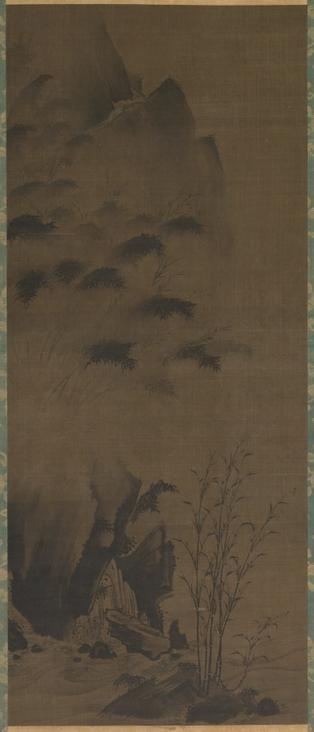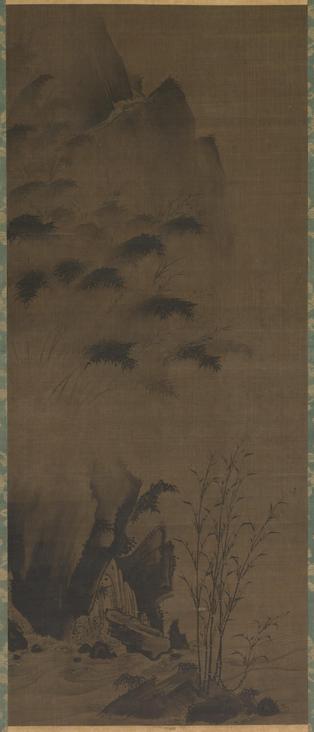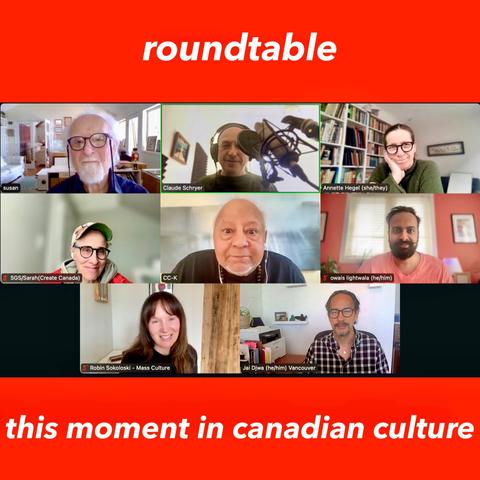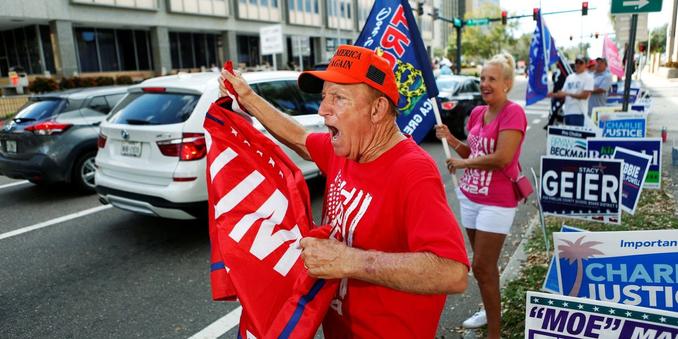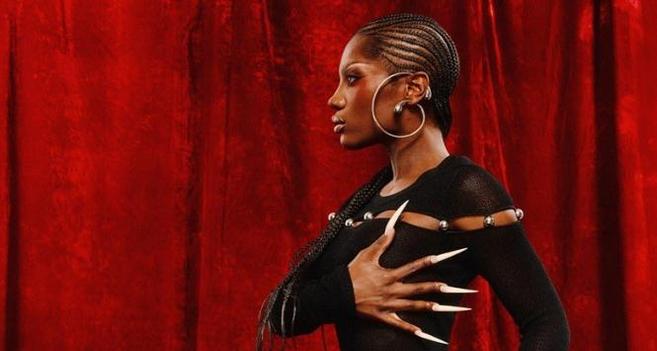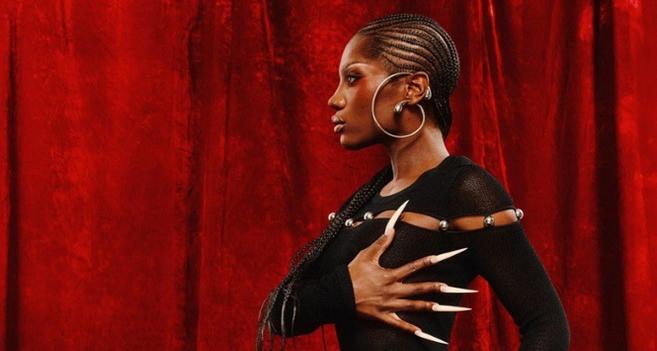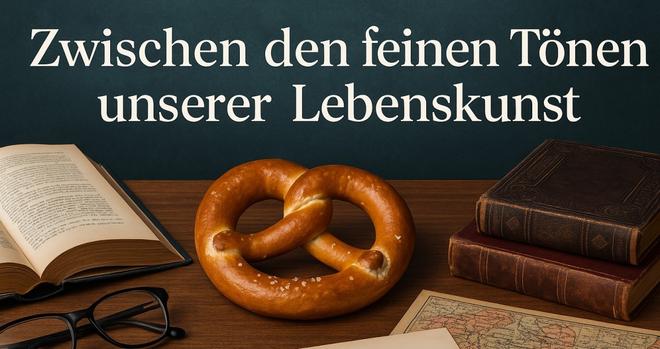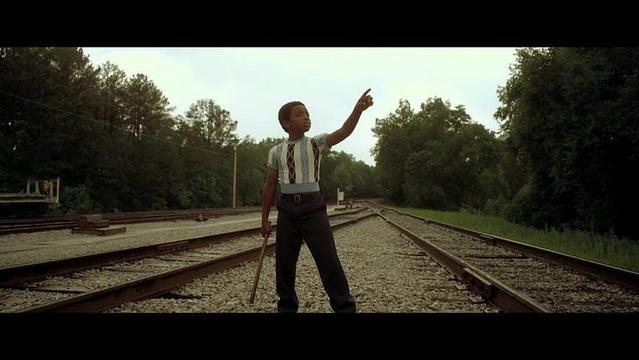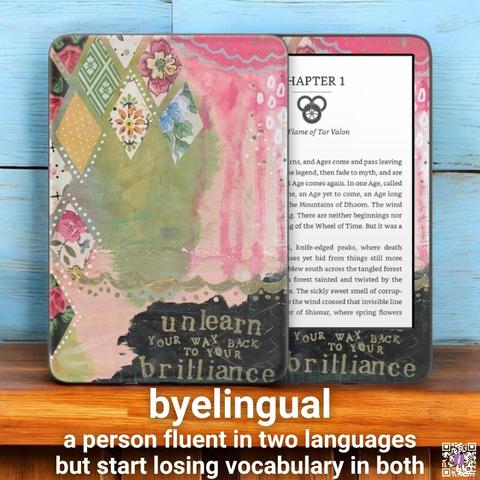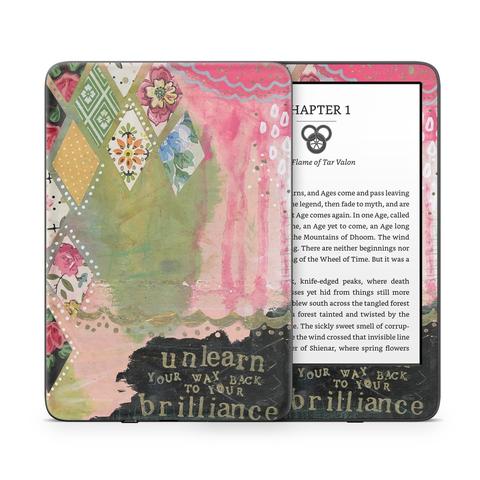Embracing My Full Inheritance: A Hard Lesson Learned in Europe
I always knew we Dominicans tend to be dense when it comes to seeing another point of view—especially when it comes to race and ancestry. I grew up in the we don’t talk about Bruno mentality, where family conversations about ancestry were conveniently glazed over with a simple, “We are Dominicans.”
I get the sentiment behind it. I get that it’s caked in fear—the fear of being seen as less when we dare embrace our full inheritance. The fear of rejection, mistreatment, and even death. I mean, Trujillo made sure everyone on that island knew what happened when you dared step out of the racial line.
But when I left the island and immigrated to the U.S.—first to New York, then New Jersey, then Massachusetts—and later joined the Army, my world expanded. I got to see and experience things beyond the Dominican bubble, including living in Europe for three years.
I was excited about it. After all, I was heading to the motherland, right? I had spent my life hearing stories about Spain, and with my last name being the name of a town there, I thought, For sure, they’ll recognize a kinfolk.
I was absolutely wrong.
The Sudaca Lesson
By then, I understood racism in the United States and its roots in the Caribbean, but I didn’t know much about Europe beyond what I had heard as a child. So my hopes were high when I arrived. But the minute the Spaniards heard my Spanish, the questions started. They prodded until they figured out where I was from. And the moment they confirmed I was Dominican, everything changed.
It was a shift in the air, an almost imperceptible change in body language. Suddenly, I wasn’t just a Spanish speaker; I was a different kind of Spanish speaker. There was a new wariness, a subtle but unmistakable looking down on you vibe.
I worked in a NATO building with Spaniards. At first, they were polite. But once they got comfortable, the jokes began.
That’s when I first heard the word sudaca.
I didn’t know what it meant at first. I didn’t bother researching it because, back then, I naively assumed they wouldn’t be that overt. But they knew I didn’t know. That’s why they got bolder.
Sometimes, they softened it—calling me sudaquita, as if the -quita was supposed to make it cute. Maybe it was. Maybe it wasn’t. But I felt the weight of the word every time.
And then came the microaggressions:
“Wow, you’re different from other Dominicans.”
“Your Spanish is so unrefined.”
“They really didn’t do a good job taking the savagery out of you.”
Each comment was a pullita, a little knife puncturing me daily, a reminder that I was not one of them.
The Weight of Silence
I look back at that time, and I wish I had said something. But I felt outnumbered. And that’s such a weird place to be in.
What do you do when you’re being put down and bullied, but you’re alone?
I wanted to leave, but I couldn’t—I was assigned there. I wanted to complain, but back then, complaints like these were minimized. The moment you spoke up, you became the problem.
So I stayed silent. Maybe I should have been braver, but it’s tough to be brave when you’re standing alone.
It’s tough to push back when the moment you open your mouth, you’re dismissed. It’s easier for others to believe you’re being sensitive or reading too much into it than to acknowledge that racism isn’t just an American thing—it exists in Spanish-speaking countries too, just in different shades and with different histories.
And yet, that silence sat heavy on my chest. It made me question myself. It made me second-guess what I had always been told about belonging.
Owning What Embraces Me
That experience forced me to face something I had ignored for a long time. I had grown up hearing stories of Spain, imagining some unspoken kinship. But my time in Europe made one thing clear: just because I have some inheritance there doesn’t mean it embraces me back.
And that’s okay.
Because now, I fully embrace what makes me, me—African, Taíno, and, yes, unfortunately, Spaniard.
Everything happens for a reason. And maybe I needed to live that experience to understand that my identity is mine to claim, not for others to define.
And I choose to claim all of it—on my terms.
#AfroCaribbeanHeritage #colonialHistory #culturalIdentity #DominicanIdentity #LatinoExperienceAbroad #microaggressions #raceAndAncestry #racismInEurope #selfDiscovery
